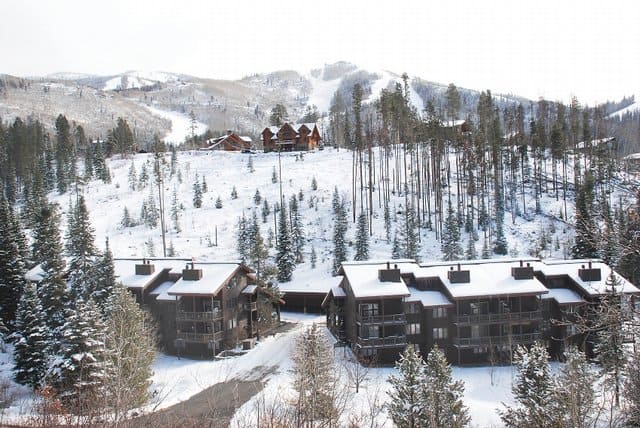 A new paper is out in a journal getting a reputation for silly science that predicts that climate change will lead to a massive influx of Mexicans across the border to the United States. Here is how the LA Times breathlessly opened its news story on the PNAS paper:
A new paper is out in a journal getting a reputation for silly science that predicts that climate change will lead to a massive influx of Mexicans across the border to the United States. Here is how the LA Times breathlessly opened its news story on the PNAS paper:A reporter emailed me an embargoed copy last week asking for my reactions. Here is how I responded (and I pulled no punches):Climbing temperatures are expected to raise sea levels and increase droughts, floods, heat waves and wildfires.
Now, scientists are predicting another consequence of climate change: mass migration to the United States.
Between 1.4 million and 6.7 million Mexicans could migrate to the U.S. by 2080 as climate change reduces crop yields and agricultural production in Mexico, according to a study published online this week in the Proceedings of the National Academy of Sciences. The number could amount to 10% of the current population of Mexicans ages 15 to 65.
To be blunt, the paper is guesswork piled on top of "what ifs" built on a foundation of tenuous assumptions. The authors seem to want to have things both ways -- they readily acknowledge the many and important limitations of their study, but then go on to assert that "it is nevertheless instructive to predict future migrant flows for Mexico using the estimates at hand to assess the possible magnitude of climate change–related emigration." It can't be both -- if the paper has many important limitations, then this means that that it is not particularly instructive. With respect to predicting immigration in 2080 (!), admitting limitations is no serious flaw.One of the paper's authors, Michael Oppenheimer, a Princeton professor and lead author of the forthcoming IPCC report on extremes explains his motivation with the paper:
To use this paper as a prediction of anything would be a mistake. It is a tentative sensitivity study of the effects of one variable on another, where the relationship between the two is itself questionable but more importantly, dependent upon many other far more important factors. The authors admit this when they write, "It is important to note that our projections should be interpreted in a ceteris paribus manner, as many other factors besides climate could potentially influence migration from Mexico to the United States." but then right after they assert, "Our projections are informative,nevertheless, in quantifying the potential magnitude of impacts of climate change on out-migration." It is almost as if the paper is written to be misinterpreted.
Climate change is real and worthy of our attention. Putting forward research claims that cannot be supported by the underlying analysis will not help the credibility of the climate science community. Even with the voluminous caveats in the paper, to conclude that "climate change is estimated to induce 1.4 to 6.7 million adult Mexicans (or 2% to 10% of the current population aged 15–65 y) to emigrate as a result of declines in agricultural productivity alone" is just not credible. The paper reflects a common pattern in the climate impacts literature of trying to pin negative outcomes on climate change using overly simplistic methods and ignoring those factors other than climate which have far more effect.
Our primary objectives were, No. 1, to give policymakers something to think about and, No. 2, to give researchers a spur to start answering some of the more complicated questionsOne of the climate impacts scholars whose work was relied on in the PNAS paper was critical:
Diana Liverman, a University of Arizona climate researcher, criticized the new study for basing its forecasts in part on research that she worked on in the early 1990s that looked at crop yields in only two central Mexico sites.Nature also has a set of critical reactions. The LA Times article recovered from its breathless opening with a well-buried lede:In reply, Oppenheimer said the Princeton study found similar results in a second crop-yield study, and the crop reductions predicted for Mexico are typical of what has been predicted for other countries in that latitude.
Liverman said that while she believes climate change could cause widespread migration, she has seen no study documenting it. Having studied the problems of Mexican farmers for two decades, she said she has found that a bad economy, the government's withdrawal of agricultural subsidies and the North American Free Trade Agreement have caused problems far greater than climate change.
In silly science however, nothing is impossible.Philip Martin, an expert in agricultural economics at UC Davis, said that he hadn't read the study but that making estimates based solely on climate change was virtually impossible.
"It is just awfully hard to separate climate change from the many, many other factors that affect people's decisions whether to stay in agriculture or move," he said.










